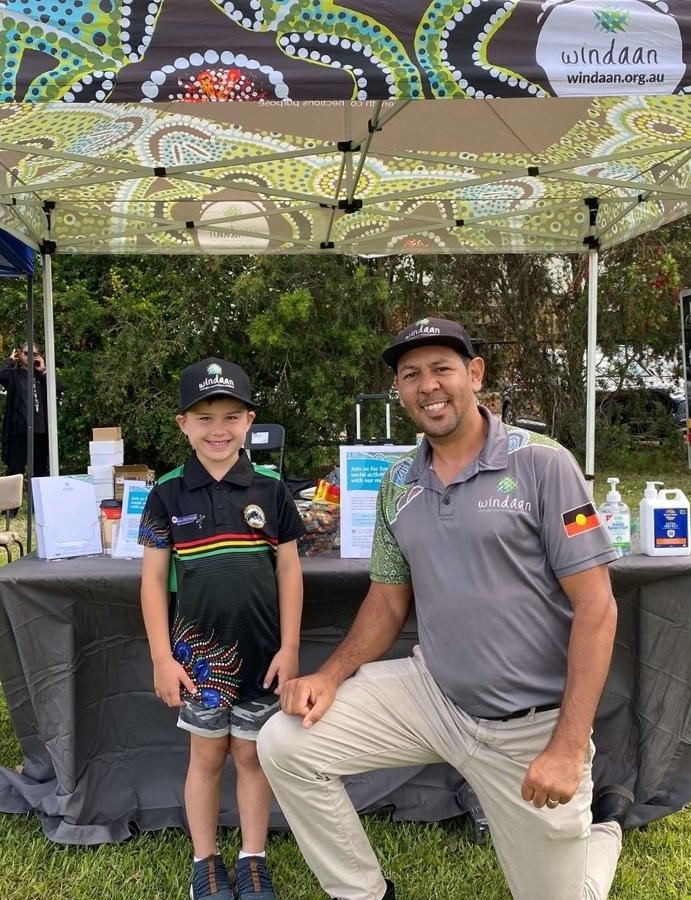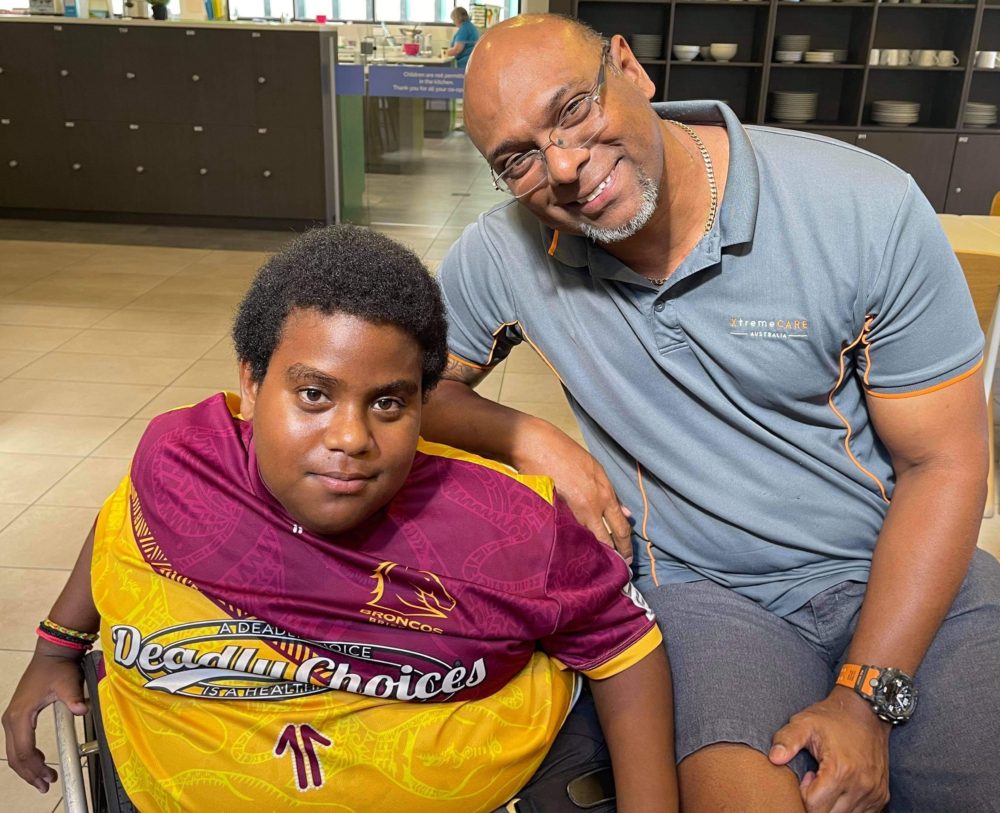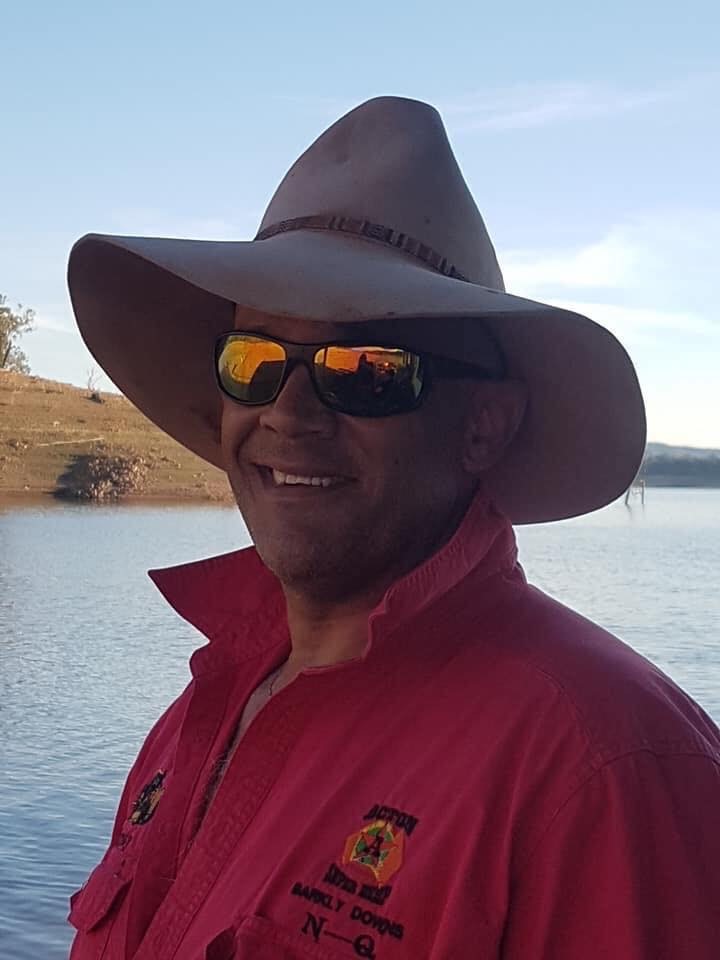By Neena Bhandari
Sydney, 07.07.2022 (Hireup News): For Aboriginal and Torres Strait Islander people with a disability, there are multiple obstacles when trying to access the right NDIS supports. That’s according to Joseph Archibald, Manager Aboriginal Service Development at Windaan, who says a lack of trust and understanding of the scheme, along with the scarcity of culturally appropriate services, are the main barriers.
“For example, a family has had three members on NDIS plans for the past three years, but they haven’t utilised a single dollar from any of the plans. They don’t have a trusted relationship with any of the services within the community, where they live, so they don’t reach out to them,” says Archibald. “When they have reached out to services, the conversation isn’t translated or articulated in a way they can relate to, so no progress is made.”
Windaan services the Gumbaynggirr, Dunghutti and Birpai Nations that covers the mid-north coast of NSW, providing services in remote, regional and interstate locations.



